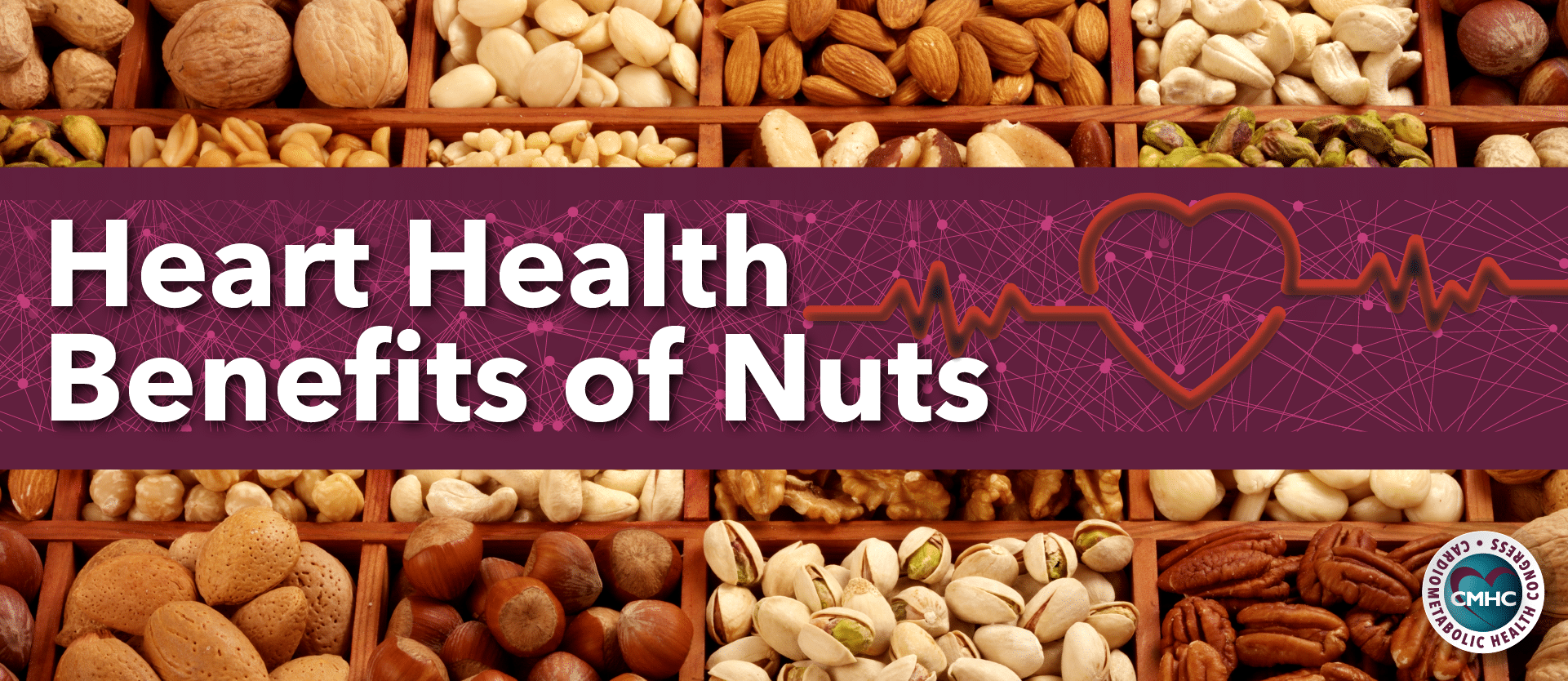A growing amount of recent research indicates that consumption of nuts can reduce the risk of cardiovascular disease: as nuts contain unsaturated fatty acids, fiber, protein, vitamin E, folate, and several minerals, such as potassium, zinc, and magnesium—and boast additional bioactive chemicals, including phenolics and phytosterols. New findings published in Circulation Research, a journal part of the American Heart Association, suggests that eating more nuts can specifically help heart health among people with type 2 diabetes.
The researchers found that any nut consumption delivered benefits; tree nuts demonstrated the strongest association, but even a small amount of nuts produced an effect. The findings indicated that eating five weekly servings of nuts had a 17 percent lower risk of total cardiovascular disease incidence, compared to people with type 2 diabetes who did not consume many nuts. Moreover, there was a 20 percent lower risk of coronary heart disease, a 34 percent lower risk of cardiovascular disease death, and a 31 percent reduced risk of all-caused mortality.
When compared to people who did not make any significant changes in nut-eating habits after a diagnosis of diabetes, those who increased their intake of nuts had an 11 percent lower risk of cardiovascular disease, a 15 percent lower risk of coronary heart disease, a 25 percent lower risk of cardiovascular disease death, and a 27 percent lower risk of all-cause premature death.
A previous 2016 study in the British Medical Journal reinforced the assertion that “higher nut consumption is associated with a lower risk of all-cause mortality, total CVD, CVD mortality, total CHD, CHD mortality and sudden cardiac death.” Another 2017 study published in the Journal of the American College of Cardiology reported that diabetes risk drops by 40 percent with only 20 grams of nuts each day, and the risk of infectious diseases is lowered by 75 percent.
Notwithstanding the fact that most of the findings stemmed from observational studies with limited sample sizes, a systematic review of clinical trials spanning the last 25 years has confirmed that nuts can indeed benefit cardiovascular health, optimize the aging process, and minimize the risk of stroke and coronary heart disease. While the exact biological mechanisms of nuts regarding heart health remain unclear, but scientists assert that nuts can improve blood pressure and blood sugar control, metabolism of fats, inflammation and blood vessel wall function.


















